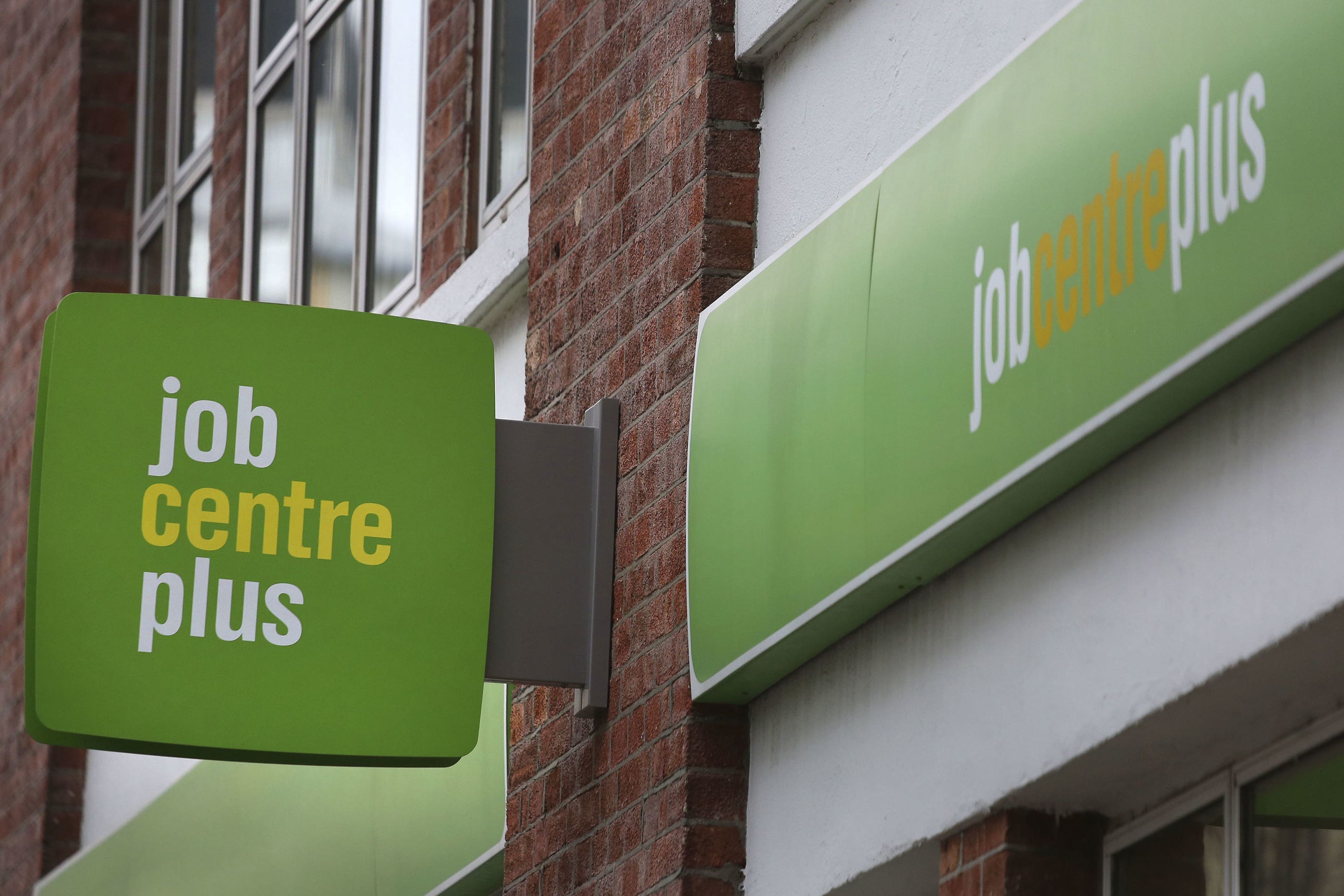‘650,000 including surgery patients could lose support under welfare reforms’
A think tank has said reforms must be implemented slowly as there will be ‘significant winners but also losers’.

More than half a million people on benefits – including those recovering from surgery – are likely to see their support cut back as a result of the Government’s welfare reforms, a think tank has said.
Chancellor Jeremy Hunt announced what he described as the “biggest change to our welfare system in a decade” during Wednesday’s Budget, with the scrapping of the work capability assessment (WCA) to assess eligibility for sickness benefits.
The reforms, dubbed by the Government as shifting the focus onto what people can do rather than what they cannot, would mean only the Personal Independence Payment (PIP) would remain in future.
Up to 650,000 people currently receiving support ... are likely to see support cut back
Mr Hunt said he wanted to remove barriers to work, by ensuring disabled benefit claimants “will always be able to seek work without fear of losing financial support” as he told MPs in the Commons that half the vacancies in the economy could be filled with people who want to work but are inactive due to sickness or disability.
But the Resolution Foundation has warned that the Government will need to proceed with caution, as hundreds of thousands of people who currently get support could be affected.
The think tank said someone who does not have a long-term disability would not necessarily qualify for PIP, meaning that despite being too ill to work they could lose out.
In its quickfire analysis and response to the Budget, the organisation said: “The scrapping of the Work Capability Assessment (WCA) amounts to the biggest change in disability benefits in a decade.
“It will rightly be implemented slowly given that there will be significant winners but also losers.
“Up to 650,000 people currently receiving support after going through the WCA do not receive Personal Independence Payments.
“In future, this group, which includes people recovering from surgery, are likely to see support cut back.”
The Government has promised “transitional protection” for existing claimants to “ensure that no one experiences financial loss at the point at which the reform is enacted” – which is likely to be a few years from now.
As we develop our reform proposals, we will consider how disabled people and people with health conditions who need additional financial support may receive it
In its associated White Paper published on Wednesday, the Department for Work and Pensions said the current Universal Credit Limited Capability for Work and Work Related Activity (LCWRA) financial top-up would be replaced with a new “UC health element”.
The Government acknowledged that in the current benefits system some people who receive the UC health element as a result of being determined to have LCWRA do not get a PIP payment.
The White Paper stated: “As we develop our reform proposals, we will consider how disabled people and people with health conditions who need additional financial support may receive it.”
It noted that cancer patients would be among those given protection from changes.
It said: “We are committed to protecting those claimants who are currently treated as LCWRA due to pregnancy risk or because they are about to receive, receiving or recovering from treatment for cancer by way of chemotherapy or radiotherapy. We will provide explicit provision to allow these claimants to access the new UC health top-up, even when they are not in receipt of PIP.”
The reforms would come in by 2026 at the earliest, the Government said, with a rollout for new claims aimed to be complete within three years from then.
The Government said it would only be at that point that the existing caseload of claims were moved on to the new system and that “transitional protection” would be provided initially for people who were not getting PIP at the point that they move to the new system.
Louise Murphy, economist at the Resolution Foundation, said: “Scrapping the Work Capability Assessment – the biggest reform to disability benefits in a decade – is a welcome move that should help more people with ill health or a disability back into work.
“However, with up to 650,000 people at risk of receiving lower support in future, the Government is right to be proceeding slowly with this reform, which wouldn’t begin until at least 2026, and then take over three years to be fully implemented.
“This will help the Government put in place proper protections to ensure that vulnerable people – for example those recovering from major surgery – don’t have their incomes cut.”